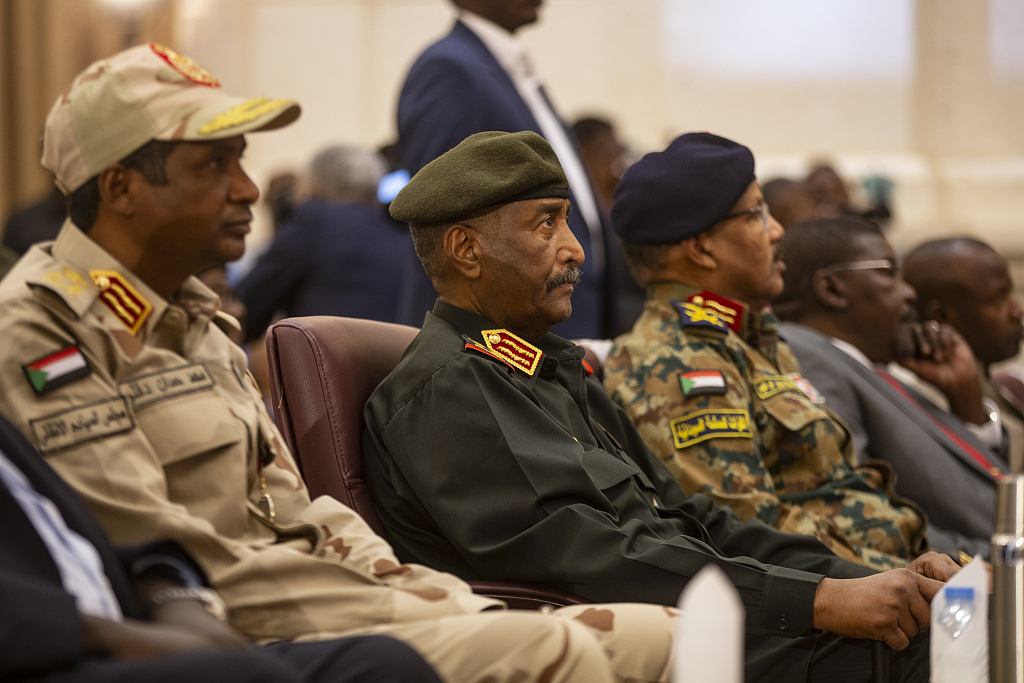
Sudan ceasefire talks start despite army no-show
U.S.-sponsored talks on a ceasefire in the devastating conflict in Sudan kicked off in Switzerland on Wednesday, despite the Sudanese government staying away.
The fighting started in April 2023 between the Sudanese army and the paramilitary Rapid Support Forces (RSF).
“The talks have started,” a spokesman for the U.S. mission in Geneva told AFP, adding that there was “no change” to the non-participation of the Sudanese government.
While the RSF is taking part in the talks, the Sudanese armed forces (SAF) are unhappy with the format arranged by Washington.
“The RSF delegation has arrived in Switzerland. Our U.S. delegation, and the collective international partners, technical experts, and Sudanese civil society, are still waiting on the SAF. The world is watching,” Tom Perriello, the U.S. special envoy for Sudan, said before the talks began.
He urged the government to “seize the opportunity”, saying after the opening session that it was “high time for the guns to be silenced”.
The talks, which could last up to 10 days, are being held behind closed doors in an undisclosed location in Switzerland.
They are co-hosted by Saudi Arabia and Switzerland, with the African Union, Egypt, the United Arab Emirates, and the United Nations, as a steering group.
Sudanese Media Minister Graham Abdelkader said ahead of the talks that the government was rejecting “any new observers or participants” — after Washington “insisted on the participation of the United Arab Emirates as an observer”.
Without the Sudanese army, other attendees will press on with the talks’ agenda.
The conflict has forced one in five people to flee their homes, while tens of thousands have died. More than 25 million across the country — more than half its population — face acute hunger.
“Our focus is to move forward to achieve a cessation of hostilities, enhance humanitarian access, and establish enforcement mechanisms that deliver concrete results,” Perriello said.
Previous talks in the Saudi city of Jeddah came to nothing.






